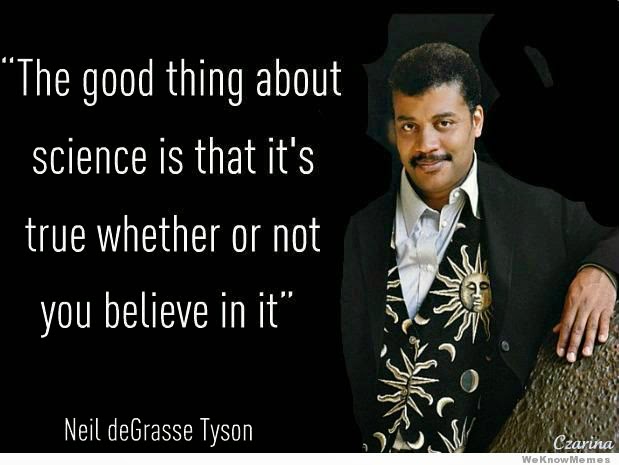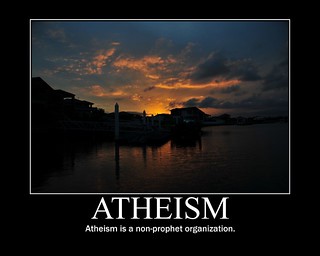| Photos from a protest against waterboarding, on the occasion of Condoleezza Rice's visit to Iceland, by Campaign Against Military Bases. Condoleezza Rice was invited to the protest and to try waterboarding for herself but as she didn't show some volunteers tried it out for themselves. (Photo credit: Wikipedia) |
At the time, it seemed that the administration was just lying to us by insisting that they were not using torture when they were doing so. But simple lying and propaganda might provide an incomplete picture of what was happening. It seems possible that at least some people in our government convinced themselves that these public denials were not technically lies at all. They constructed an elaborate (and quite twisted) legal rationale and invented new terms (e.g., "enhanced interrogation") to justify their actions. If, for example, they legalized water-boarding by classifying it as something other than torture, they might be able to convince themselves that it was not torture.
Bush could appear on one channel insisting, "America doesn't torture" while Cheney could appear on another extolling the virtues of "enhanced interrogation methods" like water-boarding. They had legalized "enhanced interrogation" so that it was no longer torture.














